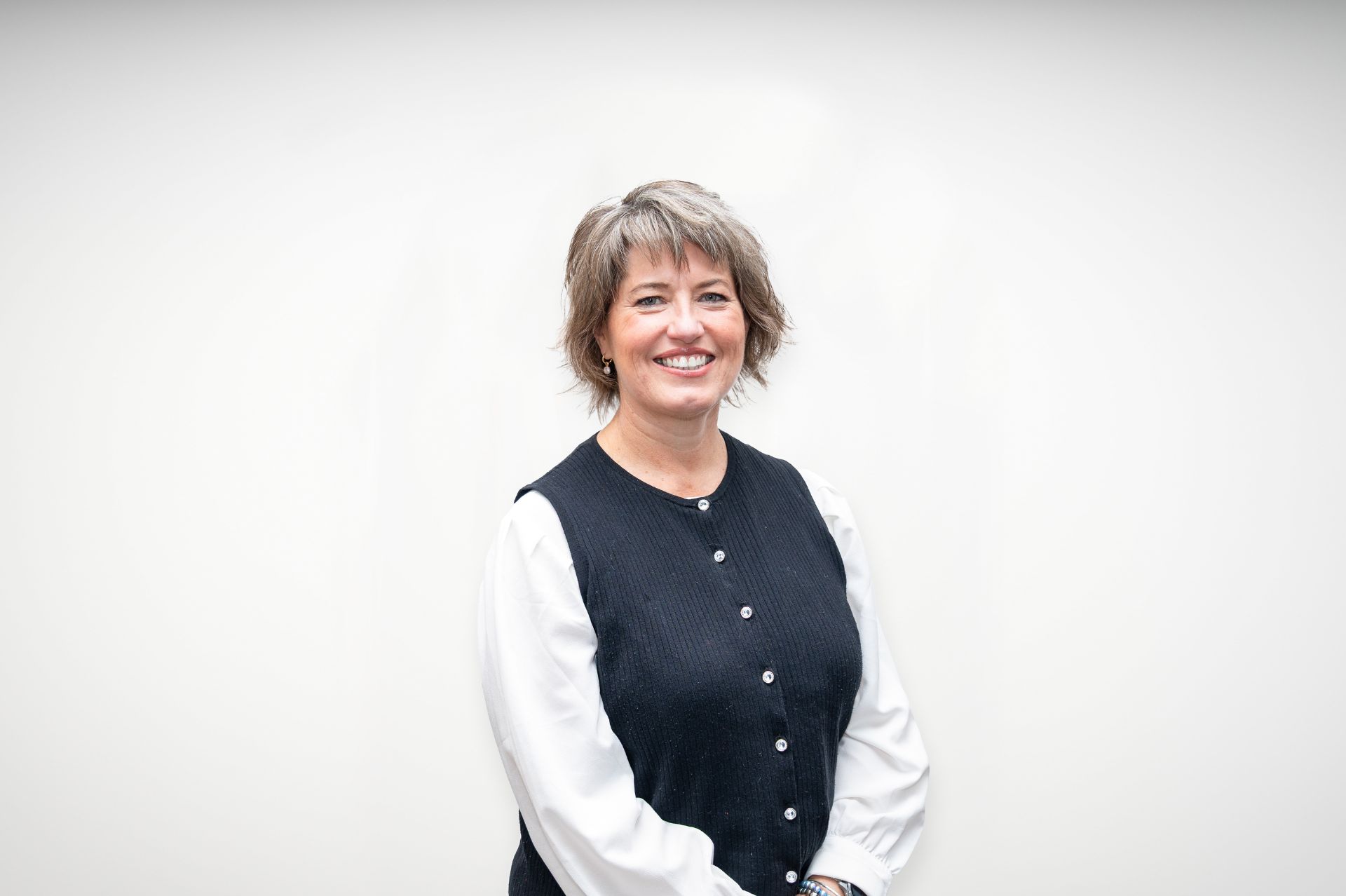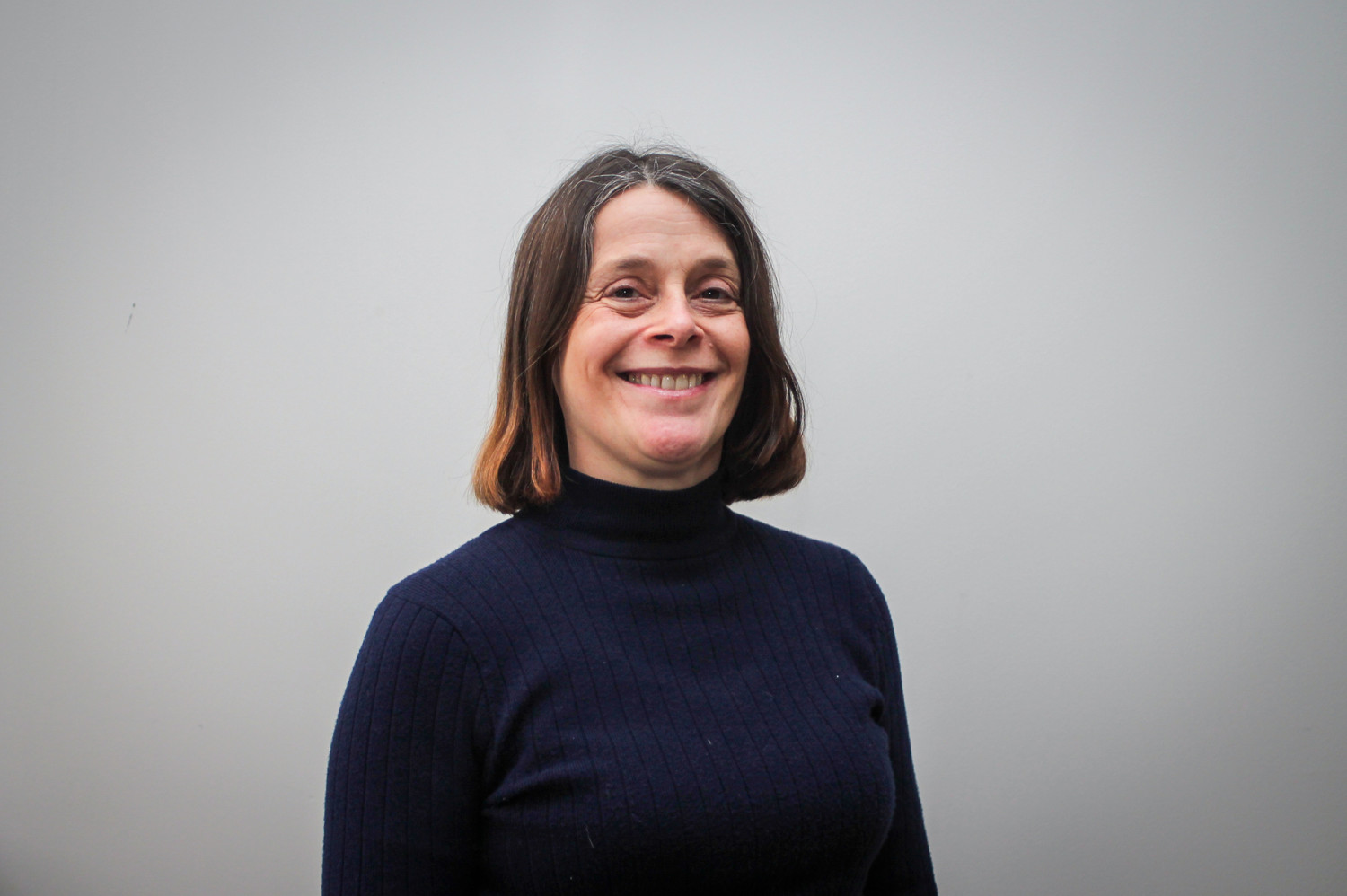Governance
The whole of the Church of England is governed through a structure of meetings called Synods that operate at all levels; national, regional and local.
- Each Synod is made up of clergy and lay people, many of whom are elected representatives.
- Together, they consider, discuss and make decisions about the life of the Church.
- A Synod may delegate some powers to specific Committees which then implement a decision that has been made at Synod.
- The Church of England has three tiers of synods: the General Synod (national); Diocesan Synod (regional), and Deanery Synod (local).
General Synod
The General Synod is the national assembly of the Church of England – its decisions affect every Church of England diocese and church across the country. It is made up of elected members from each diocese. A new General Synod was elected during 2021 and there won’t be another election until 2026.
Read more about the General Synod on the national Church of England website.
See which people in the Diocese of Guildford are currently on the General Synod.
General Synod By-election 2025 - House of Clergy
Diocesan Synod
This is the primary governing body for a diocese. With a membership made up of around 120 representatives, it is split into three Houses - Bishops, Clergy and Laity.
Guided by the national Church Representation Rules, Diocesan Synods are elected every three years by members of Deanery Synods (see below) and meet three times each year - in the Diocese of Guildford this is usually in March, June and November.
See the Diocesan Synod membership 2024 - 2027.
Bishop’s Council is elected by Diocesan Synod members and is the Standing Committee of the Diocesan Synod.
Members of Bishop’s Council are also trustees and directors of the Diocesan Board of Finance (DBF).
Diocesan Synod considers all aspects of Church life and it makes decisions, along with the Diocesan Bishop, on key policies.
See Diocesan Synod Reports.
The Synod's agendas are set by a small team called the Bishop's Planning Group and the Diocesan Secretary is its chief officer.
The legal framework for the Diocesan Synod is set out in the Guildford Diocesan Synod Standing Orders.
Committees of the Diocesan Synod
Bishop’s Council is the operational governance body for our diocese - the board of trustees that provides oversight of the diocesan strategy and aligns resources, both financial and people, to ensure we can all fulfil that strategy. Read more about the work of the Bishop’s Council, and its membership.
The Vacancy-in-See Committee is a permanent committee of the Diocesan Synod, with both elected and ex-officio members. The role of the Vacancy-in-See Committee is to be part of the appointment process if/when a vacancy for the post of Diocesan Bishop arises. The current Committee took office on 1st January 2022 and will remain in post until 31st December 2024.
See the current Vacancy-in-See Committee members.
Deanery Synods
Deanery Synods represent the local governance covering all parishes in a defined area. All parish incumbents are automatically on Deanery Synods, alongside clergy who hold a Bishop’s license for our diocese. In addition, parishes elect a specified number of lay members.
As well as being able to bring proposals and motions to Diocesan Synod for debate, Deanery Synod members also act as the electorate for all elections to Diocesan Synod and General Synod.
Details of Area Dean and Lay Chairs
View the details on each of our deaneries on our Welcome and About page.
Under the national Church Representation Rules, the number of lay members who can be elected by parishes to the Deanery Synod is determined by a resolution of the Diocesan Synod and is related to the number on the parish’s electoral roll at its Annual Meeting in the year previous to the election. This number is fixed for three years, even if the parish Electoral Roll number changes.
| Electoral Roll Numbers 2022 | Lay Representatives to be elected |
| 1-25 | 1 |
| 26-100 | 2 |
| 101-200 | 3 |
| 201-300 | 4 |
| 301-400 | 5 |
| 401-500 | 6 |
| 501-600 | 7 |
| 601-700 | 8 |
Contact details for the Area Deans can be found here
Board of Education
The Diocesan Board of Education (DBE) is the statutory body which is responsible for promoting Christian education across the Diocese of Guildford.
Under the DBE Measure 2021, the DBE provides oversight and guidance to 83 Church of England schools and 6 academy trusts on all matters related to the Christian character of its Church schools. This includes support for Religious Education, collective worship, school effectiveness, school estates and legal matters.
The DBE reports annually to Diocesan Synod and implements its education strategy and policies through the work of its officers, the Education team, who are based at Church House, Guildford.
Annual Report
You can download and read the Diocese of Guildford Annual Report here.
Meeting dates
All our Governance meetings can be seen on our Calendar. Select 'Governance' via the filter.
_1682587774.jpg)

